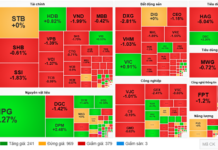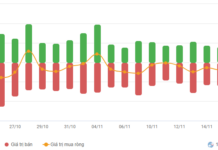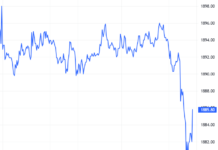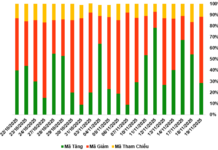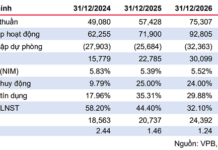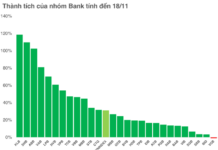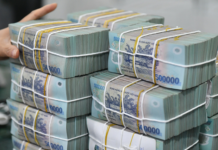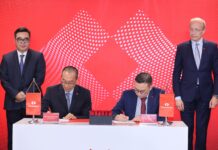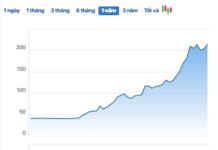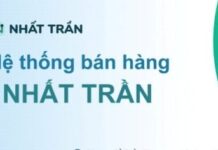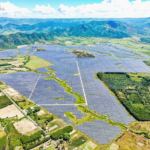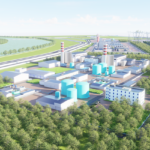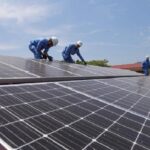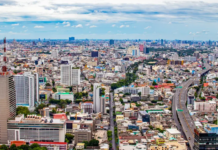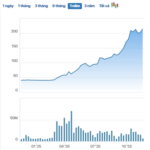Transition to Full E10 Gasoline Sales Starting June 1, 2026
The Ministry of Industry and Trade has issued Circular 50, outlining a roadmap for the nationwide implementation of biofuel blending ratios with traditional fuels. According to the new regulations, from June 1, 2026, all fuel wholesalers, distributors, and retail outlets will transition to selling E10 gasoline and discontinue the sale of E5 RON92.
This shift aims to harmonize the biofuel market and increase the use of renewable energy in transportation.
The Ministry mandates that businesses ensure a stable supply of E10, adhering to QCVN 01:2023/BKHCN quality standards. Retailers must also complete labeling, pricing, usage instructions, and technical warnings to help consumers recognize and avoid confusion during the transition.
According to regulatory authorities, E10 gasoline, with a 10% bioethanol blend, offers benefits such as reducing dependence on fossil fuels, lowering greenhouse gas emissions, and providing stable demand for domestic ethanol producers. Local trials and usage confirm that E10 does not harm engines when users follow vehicle manufacturer recommendations.
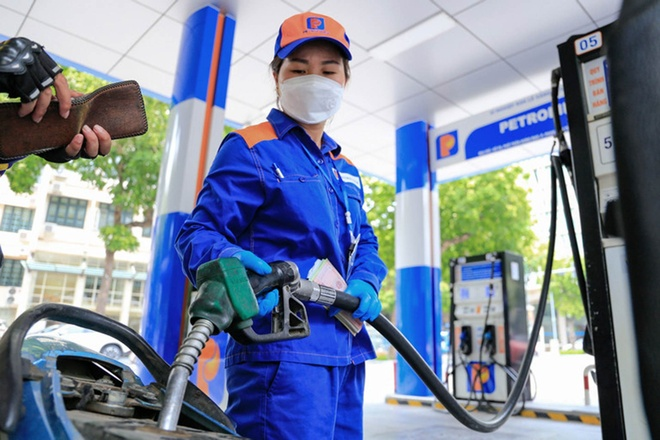
Illustrative image. Source: VCCI
To ensure timely implementation, Circular 50 requires wholesalers to complete the conversion of storage, blending systems, and ethanol quality control by April 30, 2026. Provincial Departments of Industry and Trade will intensify business inspections, monitor biofuel quality, and enhance public awareness campaigns.
Historically, E10 consumption has remained low, primarily in major cities and areas with modern retail infrastructure. In some mountainous and remote regions, consumers remain hesitant due to traditional fuel habits and limited ethanol blending facilities.
Additionally, fluctuating ethanol prices and the small price difference between E5 and RON95 have discouraged businesses from actively promoting E10. The mandatory adoption in 2026 is expected to drive significant growth in sustainable biofuel use.
Comparing E10 and RON 95 Gasoline: Composition, Octane Rating, and Environmental Impact
As Vietnam accelerates its shift to cleaner fuels, the two prevalent gasoline types—E10 and RON 95—are drawing attention due to their distinct differences in composition, performance, and environmental friendliness.
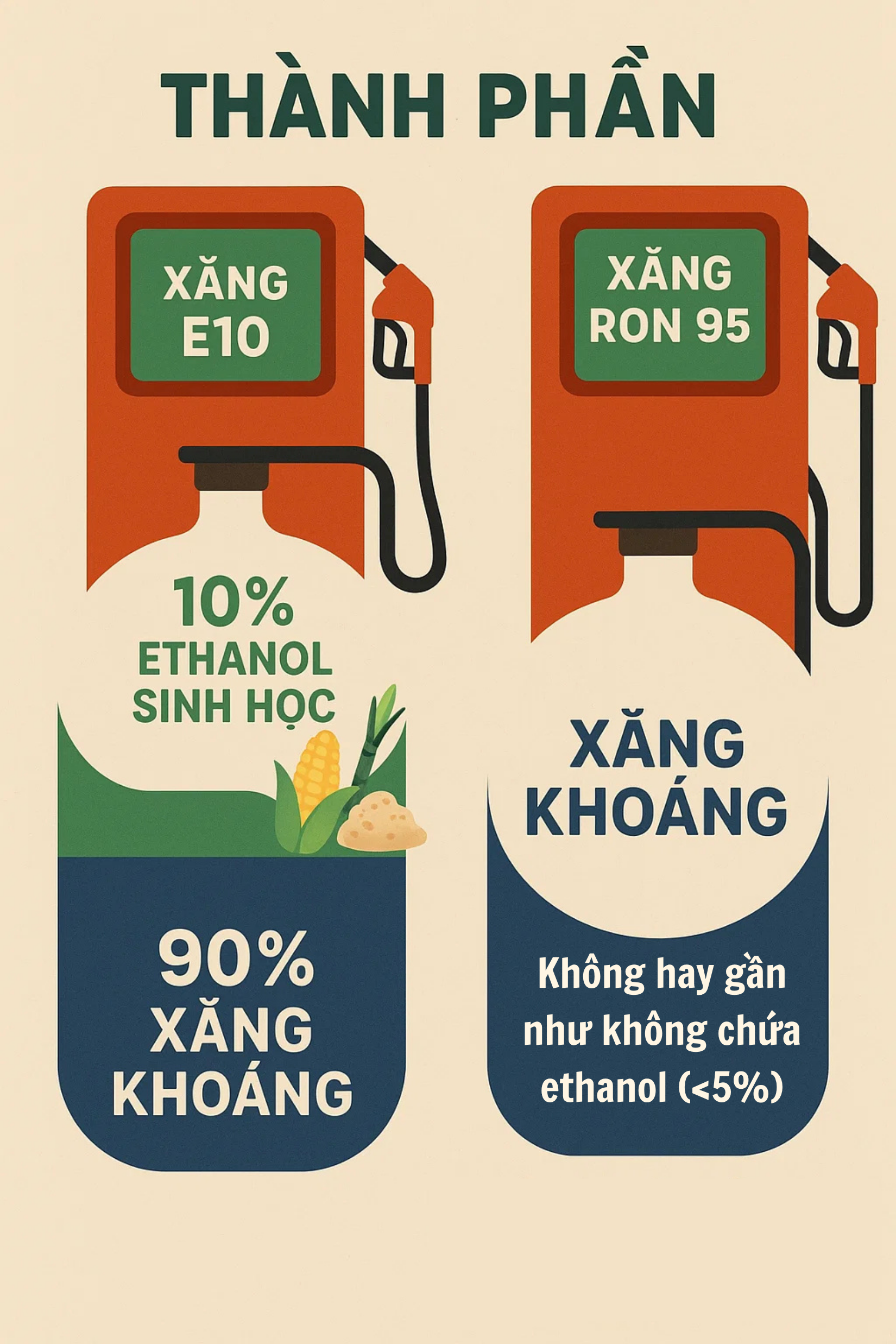
In terms of composition, E10 consists of 90% traditional mineral gasoline and 10% bioethanol, produced from agricultural sources like starch, sugarcane, cassava, or cellulose. Its use of renewable feedstocks makes E10 a more sustainable option compared to pure mineral gasoline.
RON 95, on the other hand, is primarily refined mineral gasoline, with minimal or no ethanol content. The “RON 95” designation refers to its 95 octane rating, a critical measure of a fuel’s knock resistance.
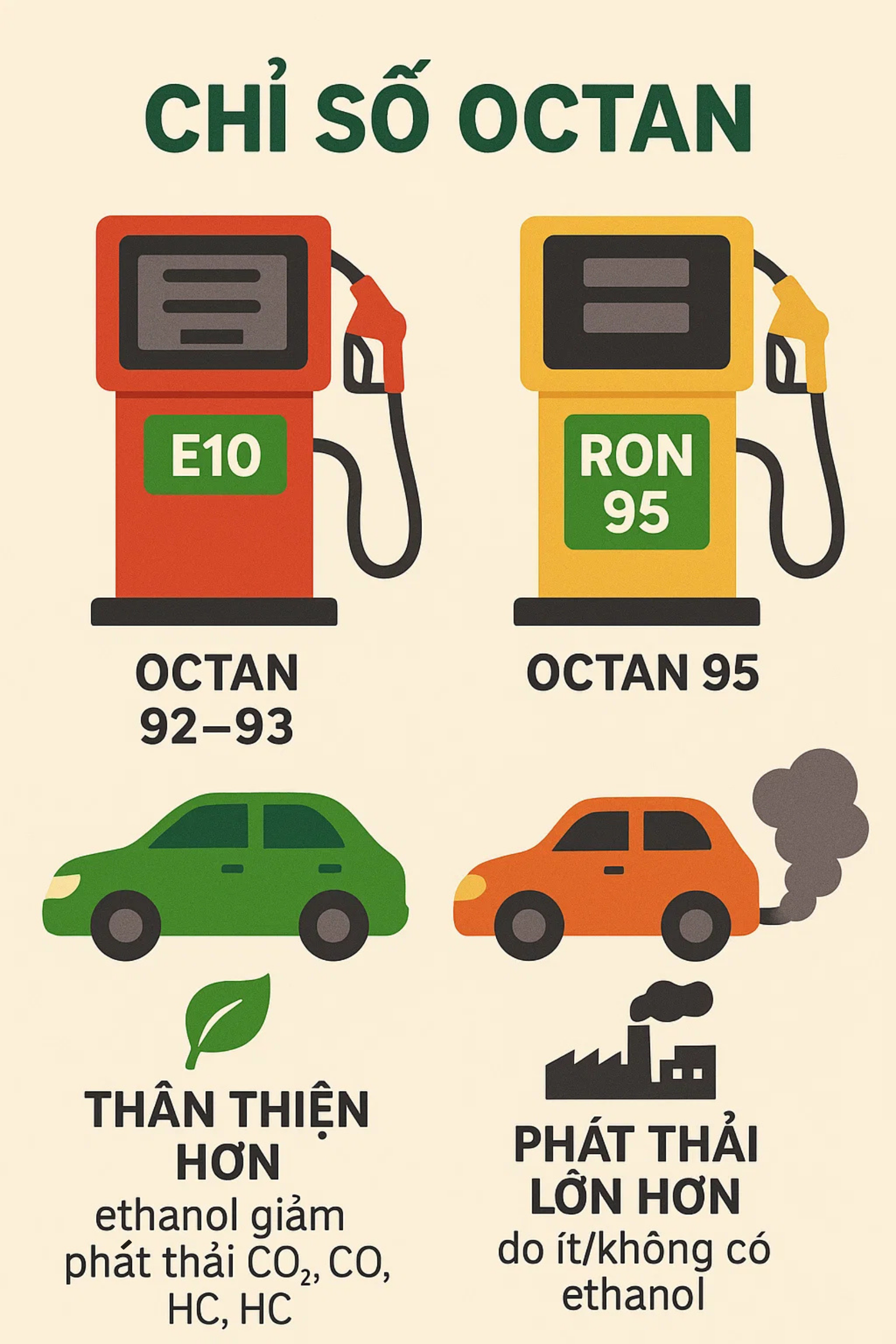
Regarding octane ratings, E10 typically ranges between 92–93, as it is blended from RON 92 and high-octane ethanol.
Adopting E10 is seen as a solution to reduce air pollution and combat climate change. Conversely, RON 95, with little to no ethanol, has a larger environmental footprint, emitting more pollutants during use.
Steep Fines of Up to 20 Million VND for Unreported Rooftop Solar Installations
The Ministry of Industry and Trade has proposed fines ranging from 500,000 to 3 million VND for individuals or entities installing self-generated and self-consumed power systems under 100kW that are connected to the national grid without proper reporting. For projects with a capacity of 100kW or higher, penalties can escalate up to 20 million VND.
Steep Fines of Up to 20 Million VND for Unreported Rooftop Solar Installations
The Ministry of Industry and Trade has proposed fines ranging from 500,000 to 3 million VND for individuals or entities installing self-generated and self-consumed power systems under 100kW that are connected to the national grid without proper reporting. For projects with a capacity of 100kW or higher, penalties can escalate up to 20 million VND.
Unveiling the Stars: The World’s Top 7 Future Urban Wonders Revealed
The global vote for the “7 Wonders of the Future Cities” has officially launched, bringing together iconic megacities from every continent.

